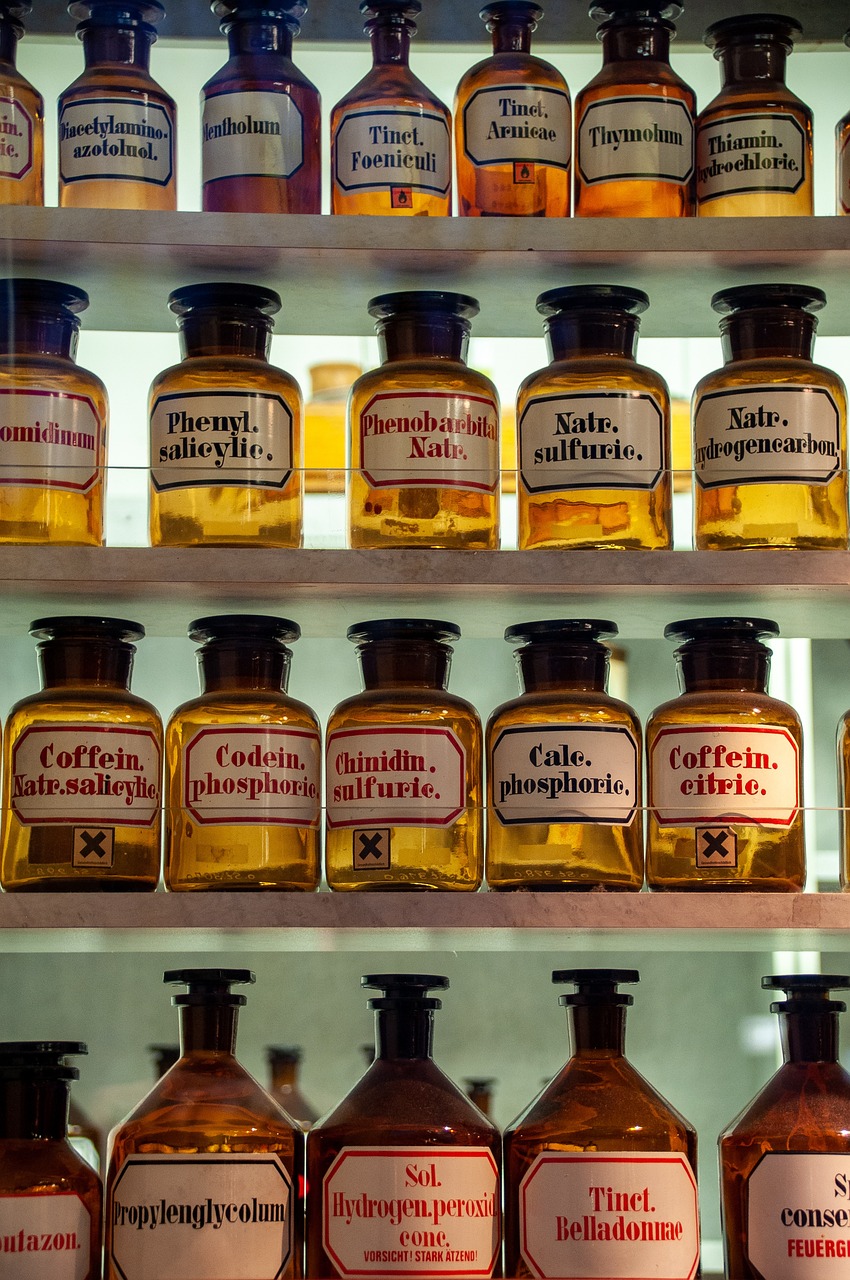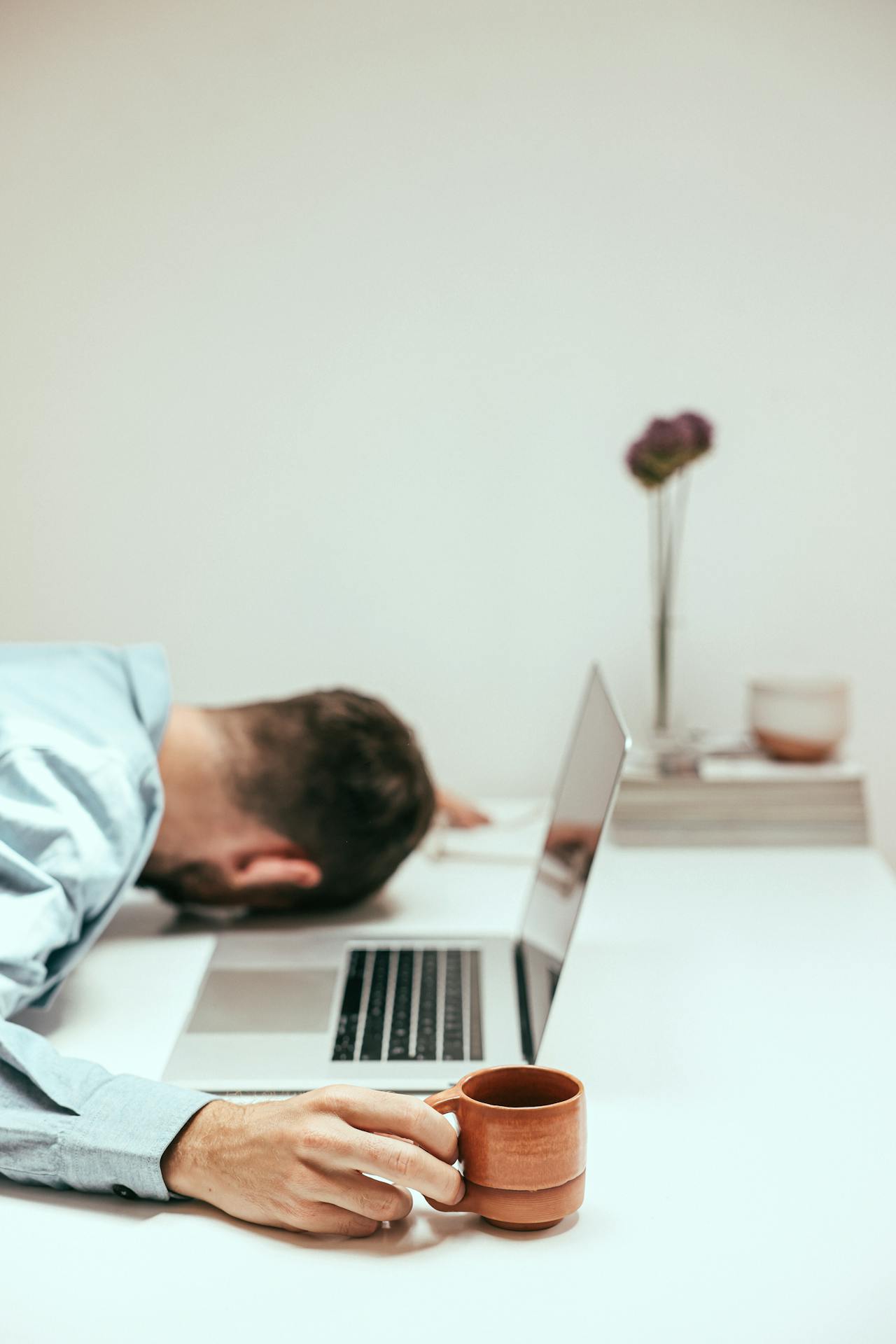The Magic of Dilution
At the heart of homeopathy lies its most eyebrow-raising principle: dilution increases potency. Imagine trying to flavor your soup by wafting a carrot over the pot. That’s essentially what homeopathy prescribes, except they’d dilute that carrot until there wasn’t a single molecule of carrot left. The reasoning? The water retains a “memory” of the carrot. If that sounds absurd, congratulations, you’re already ahead of the game. But wait—there’s more. Homeopaths argue that the more diluted a substance, the more potent its healing power. It’s medicine by subtraction, a feat no credible chemist has managed to explain without giggling.
Homeopathy’s Grand Claims
Homeopathy doesn’t stop at curing your run-of-the-mill cold. Oh no, it promises to treat everything from chronic pain to depression and even serious diseases like cancer. Never mind that no robust scientific evidence supports these claims. Homeopathy often operates on anecdotal “proof,” relying on the heartfelt testimonials of those who swear by it. However, science demands controlled trials and reproducible results, not just a neighbor’s assurance that a sugar pill cured their lifelong lumbago. A placebo effect? Likely. A cure? Less likely.
When Science Enters the Chat
Now, let’s dive into the science—or rather, the glaring lack of it. Countless studies have tested homeopathic remedies against placebos, and the results are consistent: no measurable difference. The British Medical Association famously dubbed homeopathy “witchcraft,” and the World Health Organization has warned against using it as a substitute for proven medical treatments. Still, the homeopathic industry thrives, raking in billions annually. Is it a testament to human gullibility or merely our desperate need for hope? Perhaps both.
The Economics of Hope
Let’s not ignore the economics here. Homeopathy thrives on the principle of low overhead and high margins. After all, how much can it cost to dilute a substance into nonexistence and package it prettily? The real genius of homeopathy lies not in its remedies but in its marketing. Words like “natural” and “gentle” appeal to consumers wary of Big Pharma, despite the irony that Big Homeo is itself a multimillion-dollar industry. A harmless placebo is one thing, but profiting from people’s desperation crosses into morally murky territory.
When Homeopathy Goes Too Far
The true danger of homeopathy isn’t in its sugar pills but in the mindset it fosters. When people choose homeopathy over evidence-based medicine, they risk delaying or forgoing treatments that could genuinely save lives. Consider the tragic cases of cancer patients opting for homeopathic remedies instead of chemotherapy or parents who use homeopathy for serious childhood illnesses. The outcomes are often devastating. Hope is powerful, but it should never replace reason. - Homeopathie The miracle medicine!
What Did I Learn?
After weeks of diligently taking my diluted remedies, what did I learn? For starters, I learned that sugar pills are a great way to satisfy my sweet tooth but do little for my sinuses. More importantly, I learned about the importance of skepticism. Questioning claims, demanding evidence, and not being swayed by the allure of “natural” solutions are essential in navigating a world rife with pseudoscience. Homeopathy taught me that critical thinking is the best remedy of all.
Athletes and Homeopathy?
Athletes should avoid relying on homeopathy during illness because their physical athletic performance and recovery depend on evidence-based treatments that address underlying causes effectively. Homeopathic remedies lack scientific validation and are often indistinguishable from placebos, which means they cannot actively combat infections, injuries, or inflammation. Delaying proven medical treatments in favor of homeopathy can exacerbate conditions, prolong recovery times, and jeopardize athletic careers. For athletes striving for peak performance, relying on scientifically supported interventions is crucial to ensure a full and swift return to health and competition.In Defense of Placebo
That said, I won’t completely dismiss homeopathy. The placebo effect is real and well-documented. If a sugar pill wrapped in pseudoscience makes someone feel better, who am I to argue? The issue arises when homeopathy claims to do more than it can, leading people away from effective treatments. Placebo has its place, but honesty and transparency should be non-negotiable in healthcare.













